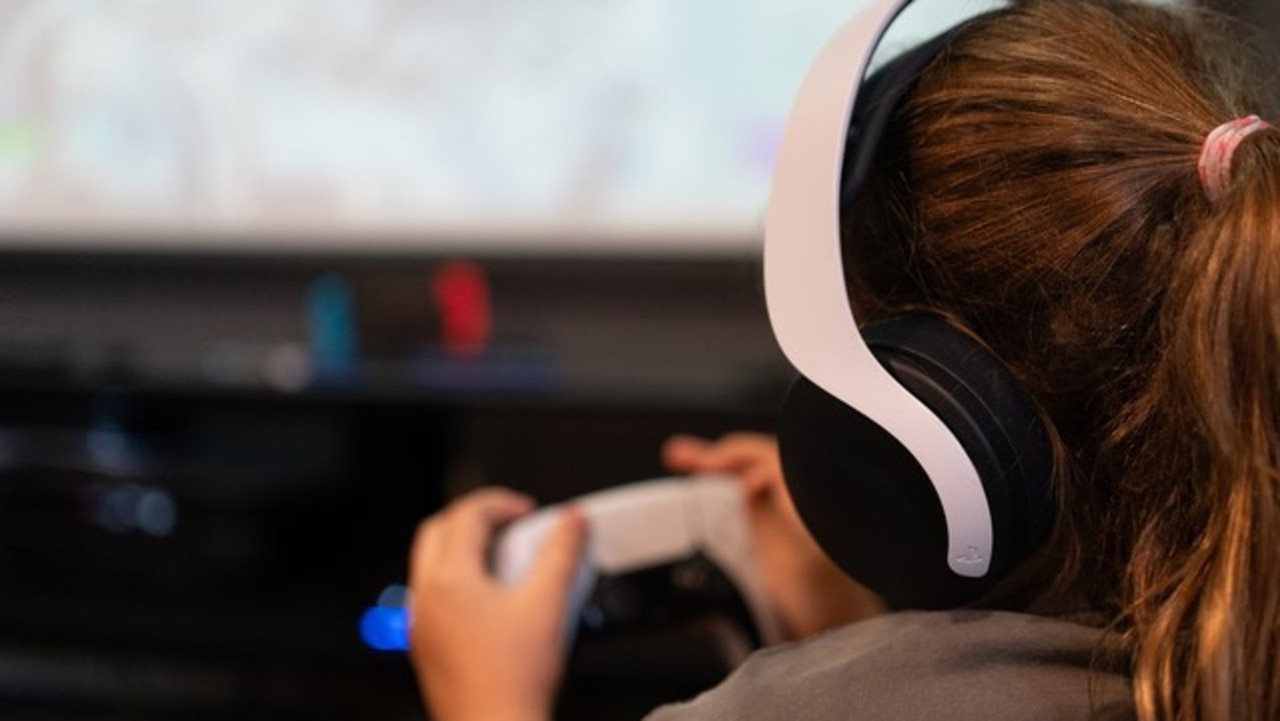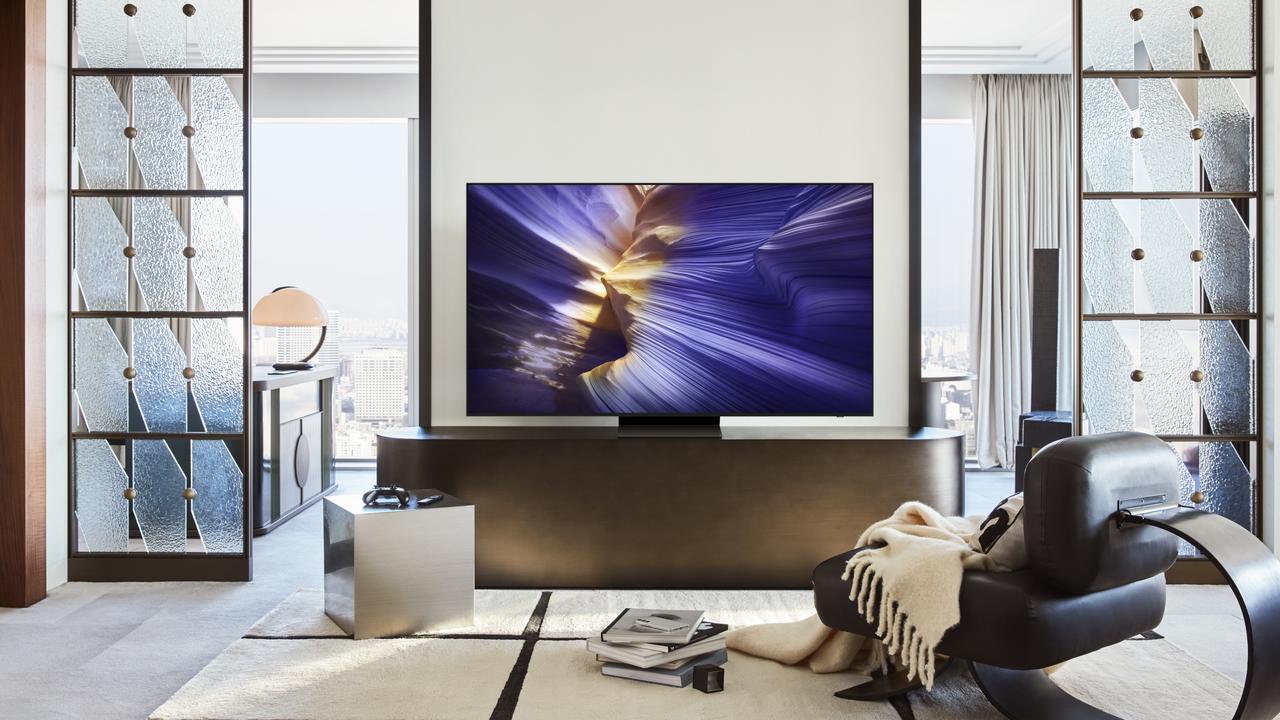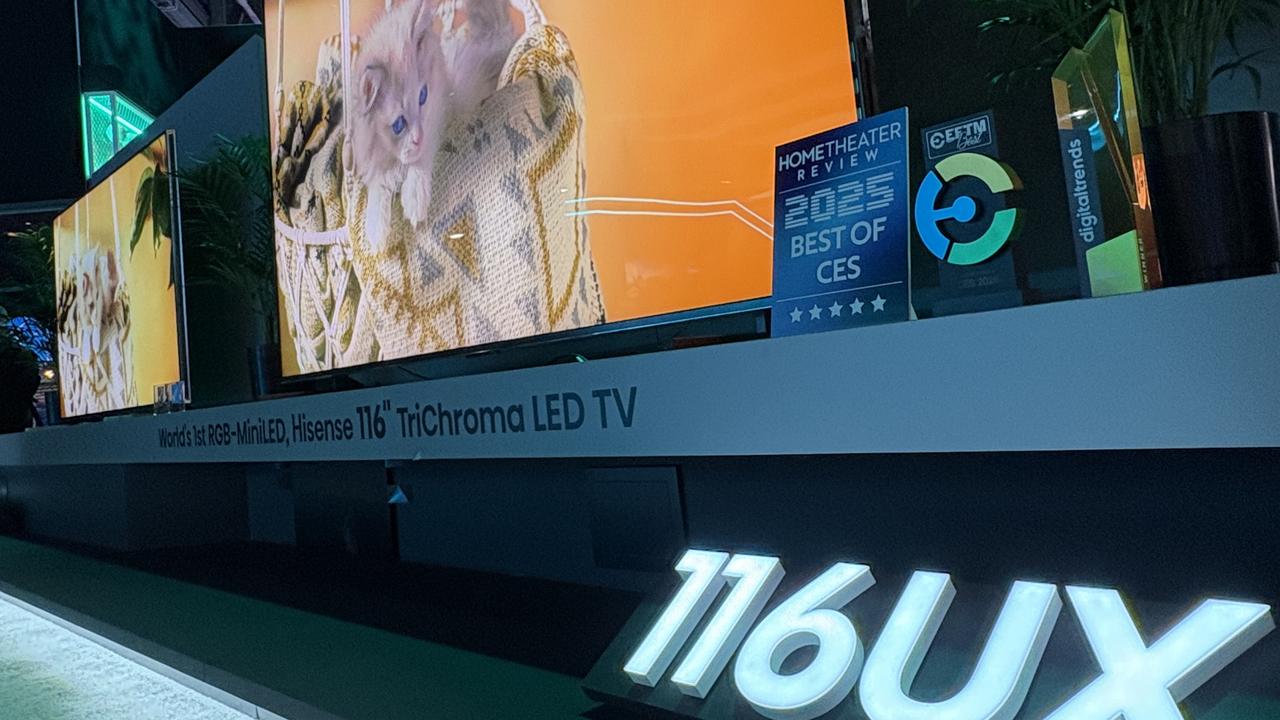Netflix CEO Reed Hastings and CCO Ted Sarandos talk Australia, piracy and the future of TV
NETFLIX has officially launched in Australia. This is how the company that started in a garage is going to change our TV market forever.
IT’S an overcast, muggy day in Sydney. Netflix was officially switched on for Australians mere hours ago.
There are Netflix staff frantically running around, while others are staring out the window praying that the rain looming above Sydney will hold off for the company’s launch event later in the evening.
But among the chaos, there’s a man in khaki jacket strolling into the room with a humble, but confident aura surrounding him. His name is Reed Hastings.
His company has just single-handedly rocked the Australian television market to its core.
“At first it sounds so strange. It costs $10 a month, comes over the internet and how does it get to my TV?” he chuckles.
At $8.99 a month, the cheapest price for Netflix undercuts all his competition. While his 1000 or so engineers back home making sure the service is easy to use and works just how it does gives an experience much better than his rivals. So quiet confidence can be expected.
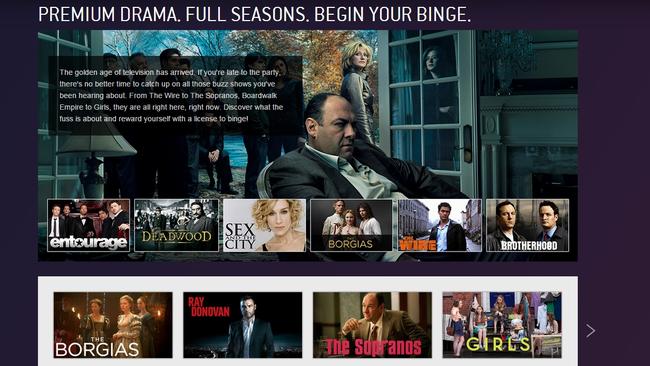
In fact, he doesn’t even see Stan or Presto as rivals in our market.
“We don’t see Presto or Stan as a competitor. It’s linear TV and internet TV where there is a big divide, Stan is a co-pioneer rather than a competitor,” he says.
“We don’t plan on being Foxtel, or replacing Foxtel, but rather another channel. People will subscribe to both. Our biggest challenge is to get people trying Netflix. Once they do, they love it.”
And he’s right. In the United States, over 39 million people are subscribed to the service.
In the future it will be a different story. Hastings firmly believes that eventually, internet based TV will replace traditional linear methods.
“It’s the same way the mobile phone won the battle against fixed line phones. Once the networks get better, more shows appear and smart TVs become as intuitive to use as tablets we will see change.”
However, the biggest challenge Netflix and other streaming services currently face isn’t traditional TV, but rather pirating. Australia has the highest rates of piracy per capita than anywhere else in the world, so for Netflix, that’s a big concern. But Hastings thinks his service will be the solution.
“In Canada, lots of people torrented. But since we launched, that rate has dropped dramatically. It’s not zero, but it’s significantly less.
“The distribution system in Australia has been broken for a long time,” added Ted Sarandos, Netflix’s chief content officer.

“Proximity, economics, local broadcast rule are to blame. Several different reasons have lead to things being quite popular and not available. And when they finally do come here, they are more expensive than they should be. So people find workarounds.”
Despite saying with a cheeky smirk on his face that he expected Australian’s to all wear eye patches, Sarandos believes Netflix is the answer to piracy.
“What we’re trying to do is decrease the need for such workarounds. By having a global product that’s well distributed, well priced, that works, that has the programming that people want in the window that they want it.”
Sarandos is responsible for much of Netflix’s success. He’s the man that turned Netflix from being simply an online video store to being the Emmy award winning service it is today.
As his title might suggest, he is the man who acquires the content for Netflix, but he also signs off on original content. In fact, it was his idea for Netflix to start commissioning their own shows.
“We realised that if internet television was going to be a big deal, we would have to be more than just technology. Eventually it’s all going to get standardised, so in the mean time we better distinguish ourselves with the programming.”
Netflix’s first experiment was a show called Lillyhammer, which it commissioned alongside a Norwegian television network in 2012. But it was House of Cards starring Kevin Spacey where Netflix really changed the TV industry, showing you don’t need network backing to produce successful, brilliant shows. Three seasons later, the show has become an international hit and has been awarded several Emmys and Golden Globes.
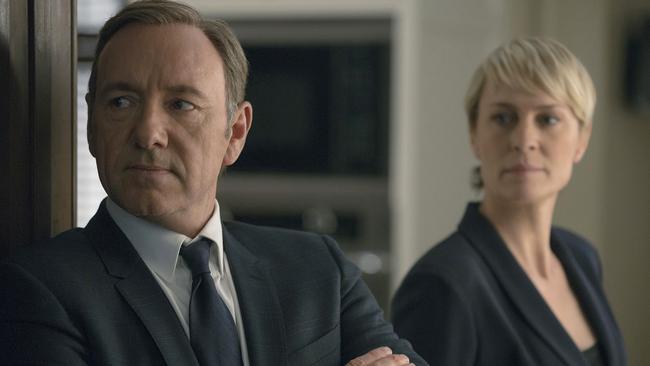
Sarandos is constantly on the hunt to find more hits as well, listening to around 30 pitches for Netflix Original series a week.
“We tend to lean towards ideas that are better developed.
Worlds where people would want to spend a lot of time, full of people who viewers will want to spend lots of time with. We really focus on long lived content.”
That’s where Netflix flourishes, with content that viewers get drawn into and attached to. They don’t go to Netflix to just watch a random episode, but rather to continue upon this journey in the 13 episode world that they’re entrenched in. Sarandos also confirmed that’s part of the reason why the company isn’t looking to grab the rights to Seinfeld right now.
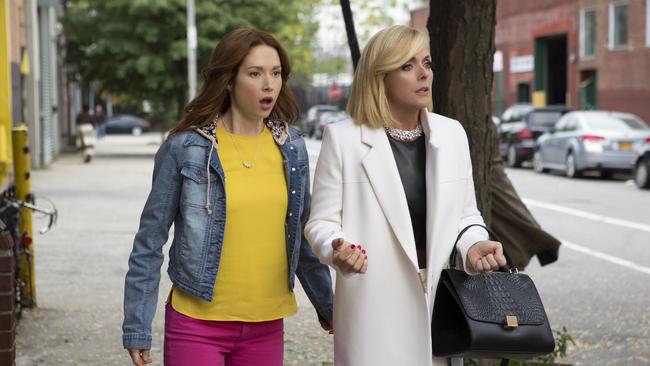
The big question many people were asking yesterday was surrounding non-Netflix commissioned shows that are missing at launch, compared to the United States.
“The library will be growing every day,” he said.
“Once we take a look at what the local market wants to watch, we will build a library that we think is exactly what they want to watch.”
There are also some limitations with existing TV deals, like Friends for example, whose rights are snapped up locally already by Foxtel. However, once those deals expire, Sarandos was adamant that if the show fits, they will fight for its rights.
While those limitations are in place with shows like Friends, Sarandos still insists that the local version of Netflix is what is best for Aussies, rather than using backdoor methods to continue using the US service, saying that: “There are no additional fees accessing Netflix this way. All of the original content is available in Australia the same time it is in the rest of the world, plus local taste is available there as well. Not to mention local servers will deliver content faster, allowing higher quality streams”
That local taste Sarandos talks about will also include locally produced Australian content. While Netflix isn’t going to finance Australian shows for the sake of it, if a show is something that’s right for the service, they would love to commission it.
The company currently co-finances the kids show Mako Mermaids, showing they’re not afraid to dip their toes into the local water.
It’s hard not to be impressed by how both Reed and Ted speak. There is no fear of the competition, but there’s no obvious arrogance about their position either. They just simply believe that they have the content and the technology to fight the battle against old TV and piracy, and they know how they’re going to win.
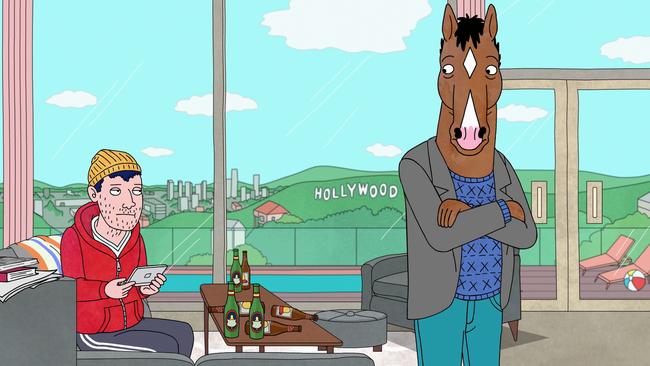
Foxtel and Presto are part owned by News Corp, publisher of news.com.au.

